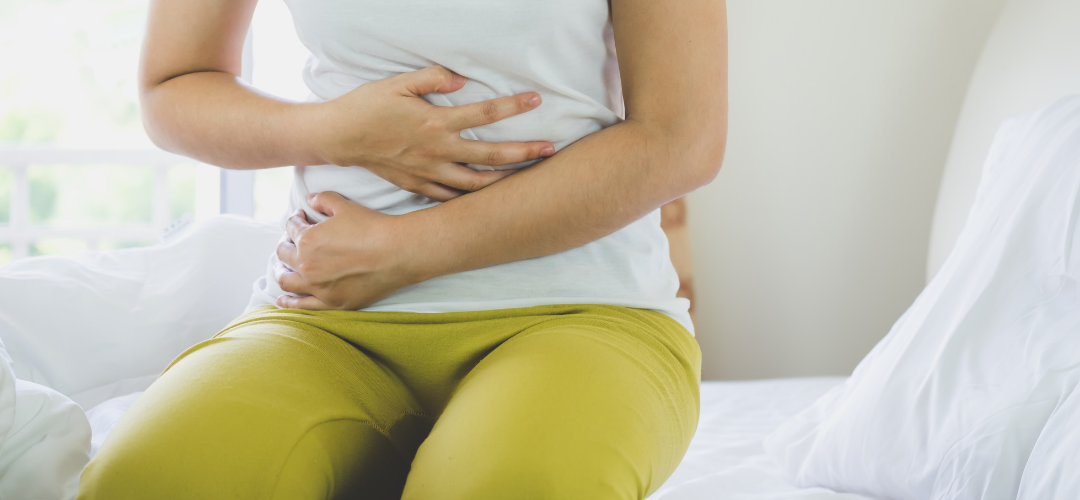Constipation: it happens to most of us at some point in our lives. It can make you feel uncomfortable, bloated, and sluggish. We get asked all the time if microbz will work for people who suffer from chronic or regular constipation and the answer is, of course, yes.
The NHS estimates that 1 in every 7 adults and up to 1 in every 3 children in the UK has constipation at any one time. The condition disproportionately impacts women and older people. Constipation is getting worse. More of us are getting it and more chronically. As many as 211 people per day are taken to hospital due to chronic constipation with a cost to the NHS of £168 million in 2018. Can taking a regular probiotic help reduce levels of the condition?
How do you know if you have constipation?
You might have constipation and not know it. Here are some tell-tale signs:- Going to the loo for a poo less than three times per week
- Straining or being in pain when you try to have a poo
- The poo is often large and dry, hard or lumpy
What causes constipation?
Each of us is unique we each have a different microbiome. This can make it difficult to identify the exact cause of constipation. However, there are several things that contribute to it, and these include:- not eating enough fibre, such as fruit, vegetables and cereals
- a change in your routine or lifestyle, such as a change in your eating habits
- ignoring the urge to pass stools
- side effects of certain medications
- not drinking enough water
- anxiety or depression
Which microbz should you take and why?
There are several strains of beneficial microbes that have been shown, in clinical studies, to be beneficial in helping to alleviate constipation. You want to be looking for a living probiotic that contains Bifidobacterium lactis and Lactobacillus rhamnosus. All our microbz probiotics contain these microbes and many more. We recommend that people with constipation take microbz revive (previously Bio-Live Revive) because it contains additional ingredients which support the health of the single cell lining that goes from the mouth to the bottom. Ingredients like slippery elm and quercetin also support the motility - or movement - of the bowels and the amino acid L-glutamine has been proven to improve intestinal function and alleviate constipation.
Our products are a fermented blend of beneficial microbes with these naturally helpful herbs and minerals, and it is this combination of ingredients fermented together that best supports a healthy intestinal tract and treats constipation.
How do these microbes help with constipation?
Bifidobacterium lactis and Lactobacillus rhamnosus work in the body to do three things; they support the production of short-chain fatty acids, they decrease the pH in the colon, and they increase bile salt metabolism. Bifidobacteria and Lactobacilli ferment carbohydrates in the gut and produce short chain fatty acids. These acids are crucial to the process of passing your poo. They help the colon to move by stimulating neural receptors in the gut wall. They have also been shown to increase serotonin in the colon which acts as a stimulus to help the bowels to contract in a coordinated way. The reduction in the pH in the colon and increased bile salt metabolism both also support the coordinated contraction of the colon making it easier to pass your poo.



